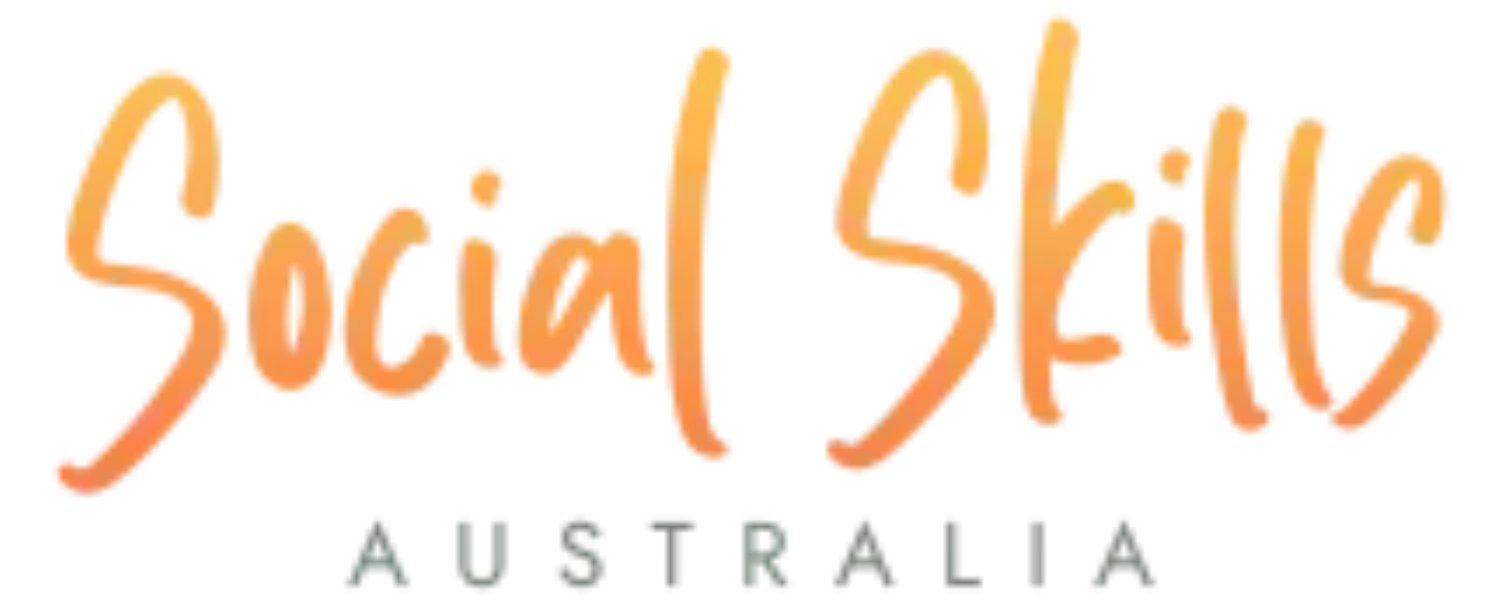Navigating Social Challenges: Tips for Teens and Young Adults with Autism
For teens and young adults with autism spectrum disorder (ASD), navigating social situations can often feel like traversing uncharted territory. The subtle nuances of social interactions, from deciphering facial expressions to interpreting social cues, can present significant challenges. However, with the right strategies, support, and guidance, individuals with ASD can develop essential social skills and forge meaningful connections.
Here are some practical tips to help teens and young adults with autism navigate social challenges:
1. Understanding Social Cues: Social cues are the unspoken signals that convey meaning in social interactions. For individuals with autism, recognising and interpreting these cues may require explicit instruction and practice. Encourage teens and young adults to focus on specific cues, such as body language or tone of voice, and provide opportunities for role-playing scenarios to reinforce learning.
2. Developing Conversation Skills: Initiating and maintaining conversations can be daunting for individuals with autism. Teach teens and young adults conversational skills such as asking open-ended questions, active listening, and taking turns speaking. The structured format of programs like the PEERS® program offered by Social Skills Australia provides a supportive environment for practicing these skills.
3. Practicing Social Scenarios: Role-playing various social scenarios allows individuals with autism to practice social skills in a safe and controlled setting. By simulating real-life interactions, teens and young adults can build confidence and familiarity with social norms. Social Skills Australia's PEERS® program incorporates guided practice sessions to help participants navigate common social challenges.
4. Utilising Visual Supports: Visual supports, such as social stories and visual schedules, provide concrete guidance and structure in social situations. These tools help individuals with autism understand expectations, anticipate changes, and regulate their behavior. Integrating visual supports into daily routines and social activities reinforces learning and promotes independence.
5. Fostering Interests and Hobbies: Shared interests and hobbies serve as natural conversation starters and opportunities for connection. Encourage teens and young adults to explore their passions and seek out like-minded peers. Social Skills Australia's boot camps offer group activities and themed sessions tailored to participants' interests, fostering a sense of belonging and camaraderie.
6. Building Self-Advocacy Skills: Empowering teens and young adults with autism to advocate for their needs is essential for fostering independence and self-confidence. Teach self-advocacy skills such as expressing preferences, setting boundaries, and seeking support when needed. Social Skills Australia's programs emphasise self-advocacy as a cornerstone of social competence.
7. Practicing Self-Care: Social interactions can be draining for individuals with autism, so it's crucial to prioritise self-care. Encourage teens and young adults to recognise signs of stress or overload and take proactive steps to recharge. Incorporating relaxation techniques, sensory breaks, and mindfulness exercises into daily routines promotes emotional well-being and resilience.
8. Seeking Support: Connect with autism support networks, therapists, and social skills coaches who specialise in working with teens and young adults with autism. Social Skills Australia's experienced facilitators provide personalised guidance, resources, and encouragement to help individuals navigate social challenges effectively.
By embracing these practical tips and strategies, teens and young adults with autism can build the social skills and confidence needed to thrive in social settings and cultivate meaningful relationships. As we celebrate Autism Awareness Month, let's continue to promote understanding, acceptance, and inclusion for individuals on the autism spectrum.
Are you interested in enhancing your social skills or supporting a loved one with autism?
Join the waitlist for Social Skills Australia's upcoming PEERS program for August and our upcoming Boot Camps.
Spaces are limited, so secure your spot today and embark on a journey towards greater social competence and connection.
